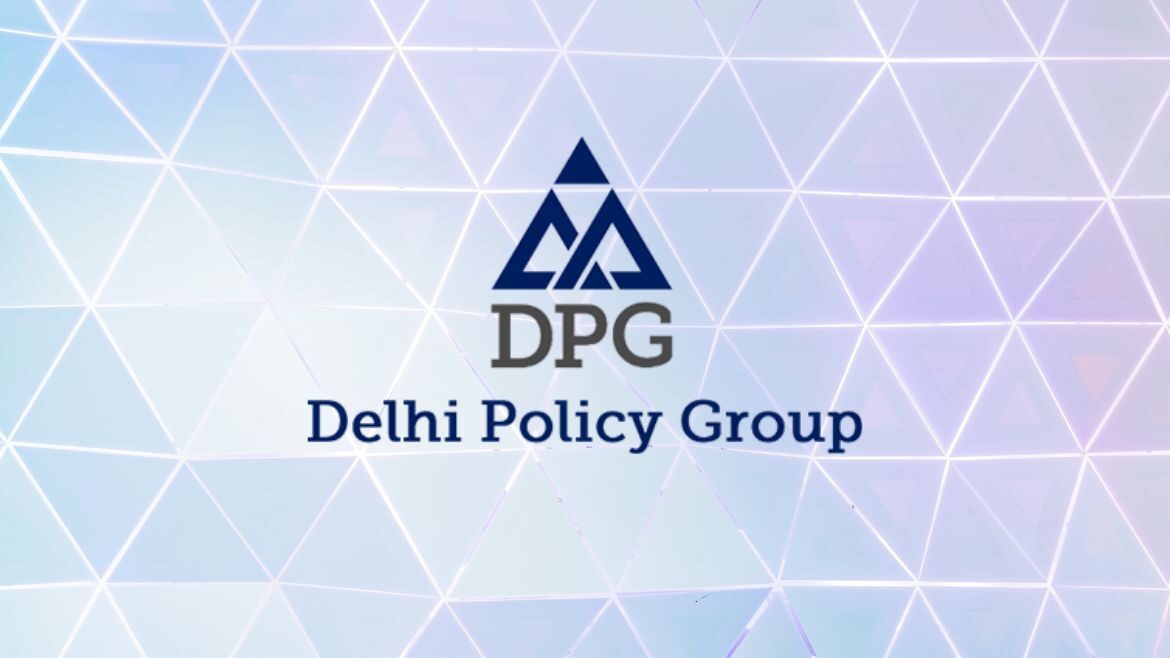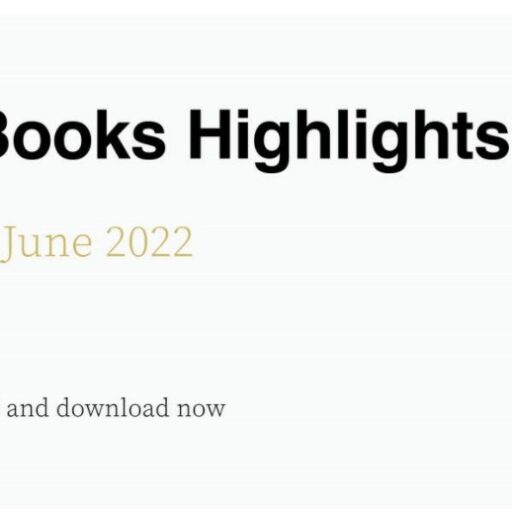Political instability has continued to beset India’s immediate neighbourhood. In an unusual development, Nepal’s Parliament has been dissolved twice in the last five months. Despite losing a vote of confidence, the Prime Minister is back in power, and fresh elections have been called for in November 2021. In Myanmar, there are fears that the growing intensity of armed resistance to the military regime will increase. Pakistan is witnessing increased sectarian politics while there is increasing uncertainty regarding Afghanistan’s security situation ahead of the withdrawal of US troops.
Continued political instability may well exacerbate the COVID-19 crisis in these countries. Meanwhile, Bangladesh has stepped forward with pandemic assistance to its South Asian neighbours.
There is growing recognition that COVID-19 in one country will remain a threat to all countries.1 While there are areas of disagreement or disappointments, such as vaccine inequity, the past few months have further demonstrated the importance of cooperation in combating the pandemic. However, as External Affairs Minister (EAM) Dr. S. Jaishankar pointed out on May 20, “the nature of the Covid experience has also brought to fore concerns of trust and transparency… It was bad enough to be confronted with shortages and disruptions; worse that they could become pressure points”.2 The pandemic also continues to be perceived as an opportunity by some to indulge in territorial expansion




